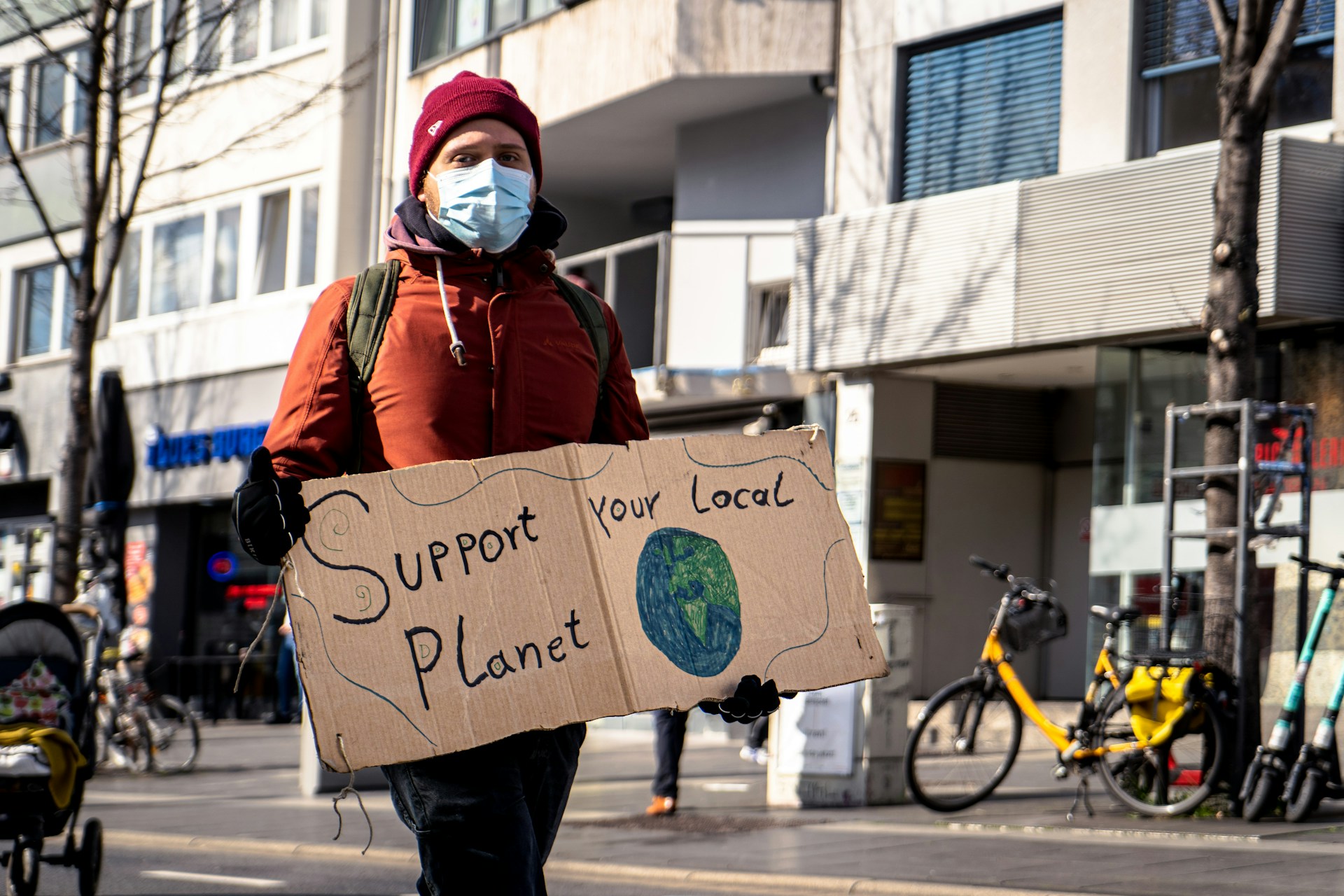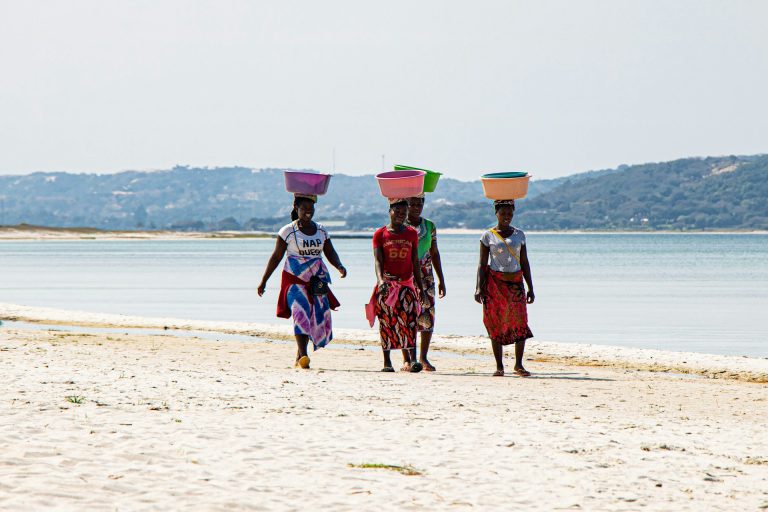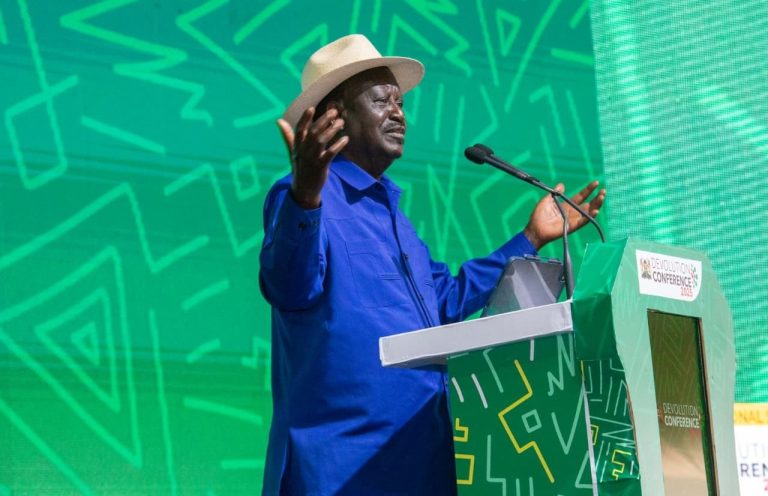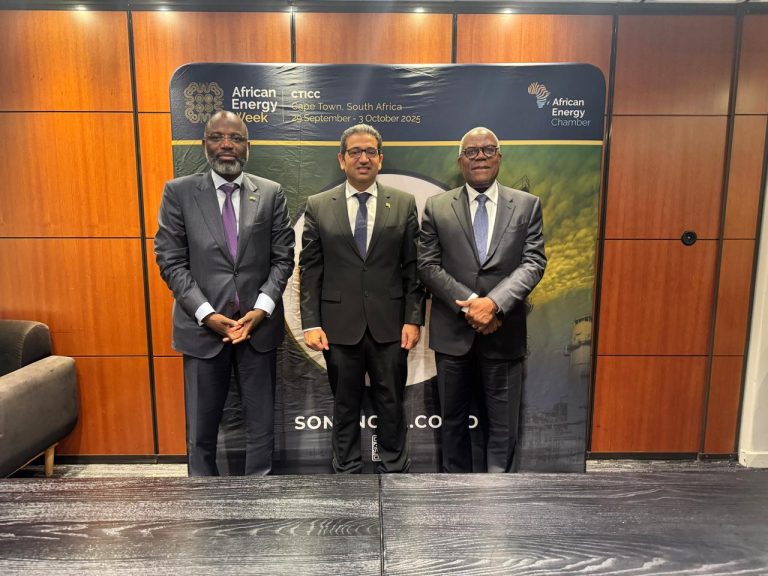- The continent needs at least $160bn in climate finance to meet resilience goals
- Leaders warn that without international support, the gap could push economies deeper into debt
ADDIS ABABA, ETHIOPIA – African leaders at the Second Africa Climate Summit (ACS2) are urging sweeping global reforms and increased international financing, warning that the continent’s climate ambitions will collapse without predictable, large-scale support.
The three-day summit, which opened on September 8 in Addis Ababa, has drawn more than 50 heads of state, ministers, multilateral lenders and investors under the theme “Accelerating Global Climate Solutions: Financing for Africa’s Resilient and Green Development.”
Claver Gatete, Secretary-General of the UN Economic Commission for Africa (UNECA), said Africa faces annual climate-related losses of up to $50 billion if the financing gap remains unaddressed. “The shortfall requires urgent, predictable and large-scale funding,” he said.
Push for African-led solutions
Ethiopian Prime Minister Abiy Ahmed proposed an African Climate Innovation Compact to deliver 1,000 homegrown solutions in energy, agriculture, water and transport by 2030. The initiative, he said, would be “funded and owned by Africans in partnership with the world.”
“Climate data is not just science. It is the new currency of power,” Abiy said, urging Africa to take control of its carbon mapping and ecosystem management.
Kenya’s President William Ruto called for systemic reforms to ease Africa’s borrowing costs, arguing that the financial system has become “an agent of a new form of colonialism.”
“Climate action must be seen as a catalyst for economic growth and job creation, not just a burden,” he said, warning that high interest rates trap developing economies in debt and hinder resilience.
Somali President Hassan Sheikh Mohamud highlighted the human costs of inaction. “Drought between 2021 and 2023 affected 7.8 million Somalis, causing widespread food insecurity and displacing millions,” he said. Somalia has launched a National Climate Fund and a Green Somalia Initiative targeting 10 million new trees, while securing $100 million in partnerships for 2024.
He urged donors to move beyond pledges to “predictable disbursements that reach front-line countries quickly and directly.”
Unity ahead of global talks
The African Union Commission said the summit will adopt the Addis Ababa Declaration and unveil a flagship report on climate finance and green growth. The outcomes are expected to position Africa as a unified bloc ahead of COP30 in Brazil and the G20 summit later this year.
Despite contributing less than 4% of global greenhouse gas emissions, Africa remains among the hardest hit by climate change. The continent’s infrastructure needs alone total $130 billion to $170 billion annually — with climate adaptation adding a new financial burden.











